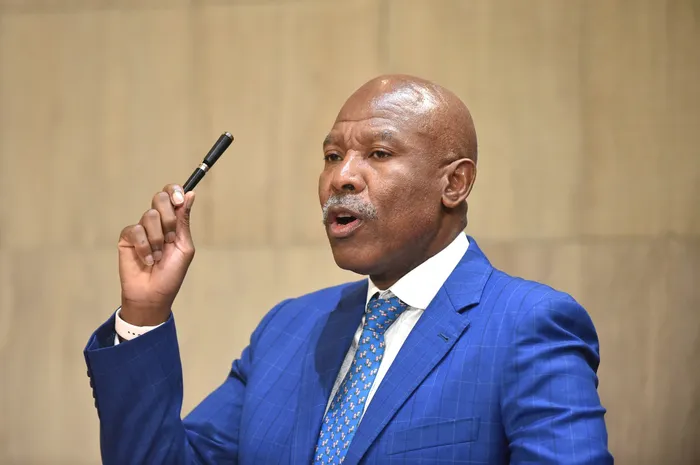
South African Reserve Bank governor Lesetja Kganyago.
Image: Thobile Mathonsi / Independent Newspapers
South African consumers have been given some financial relief as the South African Reserve Bank (Sarb) will be lowering interest rates in the country.
The central bank's Monetary Policy Committee (MPC) voted to cut the repurchase rate (repo rate) by 25 basis points (BPS), Sarb Governor Governor Lesetja Kganyago announced today.
This means the repo rate will decrease from 7.25% to 7%, effectively taking the prime lending rate to the country to 10.50% from 10.75%.
Kganyago said that the decision was unanimous by the MPC members.
"For policy, as we showed last time, lower inflation allows for lower interest rates. In our Quarterly Projection Model, for a 4.5% objective, rates bottom out around 7%. By contrast, the forecast for a 3% objective has roughly five more cuts, over the medium term, taking interest rates slightly below 6%. The logic of the model is that interest rates need to fall as inflation eases, to prevent the inflation-adjusted rate, or real interest rate, from rising too much. Real rates are nonetheless temporarily higher for a 3% objective, and there is a modest growth sacrifice, which helps anchor expectations at lower levels," the Sarb Governor said on Thursday.
"Over the past few months, the prospect of a lower inflation target has bolstered the rand and lowered long-term borrowing costs. It is important to sustain this progress, and to minimise uncertainty about the longer-term objectives of monetary policy. Therefore, the MPC now prefers inflation to settle at 3%. In line with this, we have decided to aim for the bottom of our target range of 3-6%," he added.
"The June CPI print showed headline at 3% and core at 2.9%, still at the bottom of our target range. There has nonetheless been some pressure in food prices lately, mainly from meat. Fuel prices are also falling more slowly now, compared to the recent past. We therefore expect headline inflation to rise over the next few months, averaging 3.3% for the year, in line with our earlier forecasts. Prices then stabilise at the target over the rest of the forecast period," Kganyago said.
BUSINESS REPORT
Visit: www.businessreport.co.za